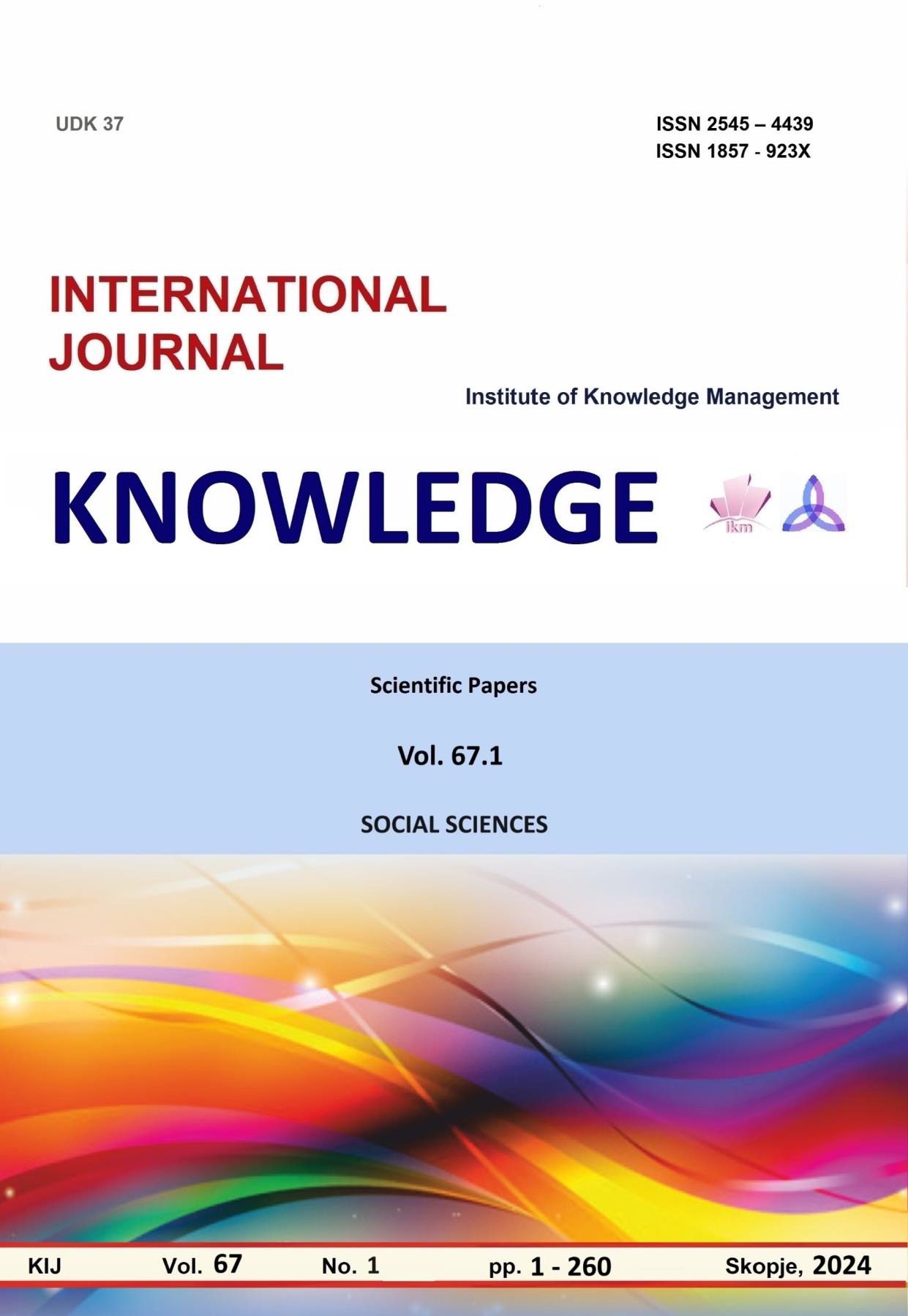THE IMPORTANCE OF WHITE IDENTITY WHEN IT COMES TO TRUMPISM – A RECONSIDERATION?
THE IMPORTANCE OF WHITE IDENTITY WHEN IT COMES TO TRUMPISM – A RECONSIDERATION?
Author(s): Philip DandolovSubject(s): Social Sciences, Education
Published by: Scientific Institute of Management and Knowledge
Keywords: white identity;right-wing populism;Trumpism;United States;Ukraine
Summary/Abstract: The political movement of Trumpism, which comprises the various political ideologies that are associated with president-elect of the United States Donald Trump and the different political figures who espouse similar views, has frequently been placed on the right to the far-right side of the political spectrum. It has attracted controversy and criticism due to Trump and many of the ideologues behind the movement being depicted as having contributed to the rise of white identity politics and even having become enablers of white supremacy. While the paper does not dispute that nativist and white grievance rhetoric has occupied a prominent role in the discourses connected to the variant of national-conservatism promoted by Trump and his surrogates, it argues that the degree to which it constitutes a core aspect of Trumpism may be exaggerated. By using a qualitative approach, grounded in the philosophy of the unobtrusive research method and premised on the synthesis and analysis of a variety of secondary sources from an array of disciplines ranging from political science to sociology and ethnicity studies, the paper demonstrates that in the case of many of the white nationalist and white identitarian groups initially gravitating towards Trump, support for the president evaporated shortly into his first term due to his policies generally considered not to constitute a sharp break from any of his predecessors in terms of the tackling of key nativist issues such as immigration. In addition to that, Trump’s significant inroads into certain non-white minority demographics - a process set in motion since at least the 2020 election, but which is believed to have come to fruition with the almost historic broadening of the Republican Party’s appeal among non-traditional voting blocks in 2024 – does not mesh well with the hypotheses that he is essentially a white ethno-nationalist candidate at heart. The article also argues that Trump and many of his prominent ideologues’ apparent skepticism of the need to decisively support Ukraine coupled with their pro-Russian statements are actually not too consistent with the notion that they are political figures for whom white grievance causes are of paramount importance. In many respects Ukraine fits the bill of a white country that is representative of conservative values and is unapologetically nationalist, which has found itself in an existential struggle against a globalist power driven by Realpolitik. As a conclusion, the paper turns back the clock to 2016 and draws some parallels between the expectations pertaining to the change of the racial dynamics in the United Kingdom as a result of the Brexit vote as well as Donald Trump’s successful securing of the Republican Party ticket, attempting to demonstrate how the prevailing rhetoric pertaining to white anxiety at the time is not very predictive when it comes to future race-related trends, i.e. pertaining to voting patterns, within both countries. Follow-up studies, for example involving semi-structured interviews with self-identified advocates of white interests who are supporters of Trump, as well as with Brexit voters who fall within the category of white identitarians, may be helpful in terms of shedding further light on the issues.
Journal: Knowledge - International Journal
- Issue Year: 67/2024
- Issue No: 1
- Page Range: 229-234
- Page Count: 6
- Language: English

